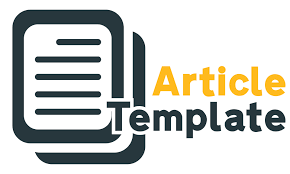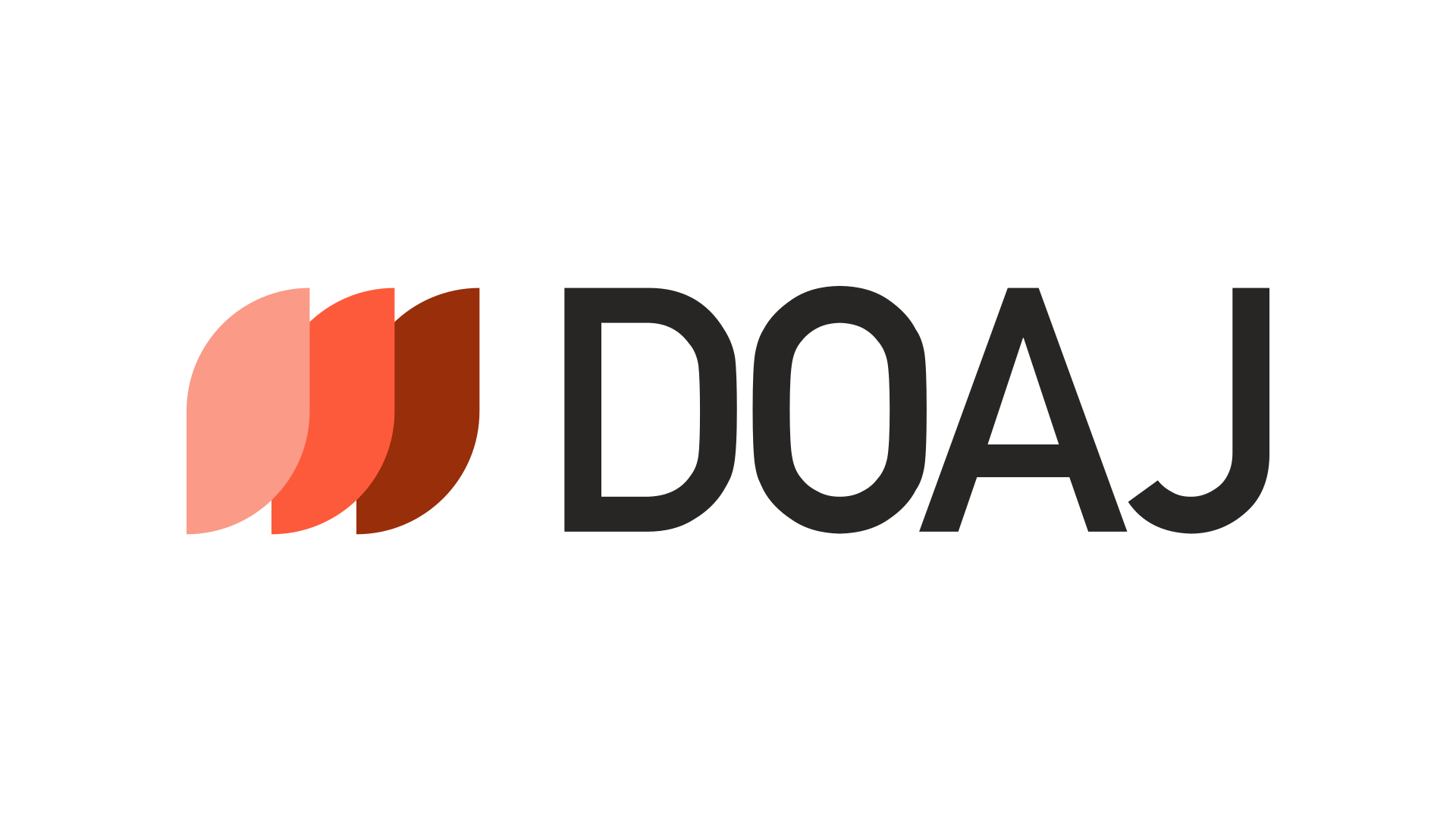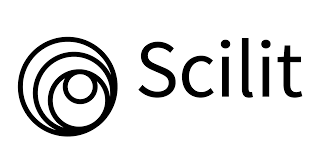PANDEMIC AT THE POLLS: AN ANALYSIS OF THE DECISION TO CONTINUE THE 2020 REGIONAL HEAD ELECTION IN THE NEW NORMAL ERA
DOI:
https://doi.org/10.38043/jids.v4i2.2499Keywords:
Democracy, Election, Election Risk, Pandemic, Covid-19Abstract
This article will specifically provide a preliminary assessment of the many risks that the Covid-19 pandemic might pose if elections continue to be held and it is not impossible that elections continued during the pandemic will be far from being fair, honest and transparent even endangering the security and safety of voters at the Polling Stations. The emergence of a new era during the pandemic called New Normal where everyone must behave new in everyday life by prioritizing aspects of health will certainly have a significant influence in the implementation of elections. The method used is the study of literature. The literature used in this study includes all literature, news coverage and reports relating to the holding of the elections including previous books and articles that discuss the holding of elections during a pandemic. This paper begins by explaining why elections are an important part of democracy, and then looks at how the government's response to the pandemic and elections that will be held in the New Normal era will present significant solutions about the future of democracy itself. In this paper, the author also recommends several things related to the holding of elections during the pandemic. The main findings of this paper are: First, the presence of the virus itself can directly prevent voters from casting their votes at the polling stations and even affect the overall level of voter participation. Second, there are consequences of formally delaying the holding of elections which vary by type of regime (national or local). Third, some elements in the electoral cycle can be affected by the pandemic.
Downloads
References
Asep Suryahadi, Ridho Al Izzati, dan Daniel Suryadarma. (2020). “The Impact of COVID-19 Outbreak on Poverty: An Estimation for Indonesia (Research Draft).” Jakarta.
Chu, Y., K.-P. Huang, M. Lagos, and R. Mattes. (2020). “A Lost Decade for Third-Wave Democracies?” Journal of Democracy 31 (2): 166–181. https://doi.org/doi:10.1353/jod.2020.0029.
Dahl, Robert A. (1971). Polyarchy: Participation and Opposition. New Haven: Yale University Press.
Doorenspleet, R. (2005). Democratic Transitions: Exploring the Structural Sources of the Fourth Wave. Boulder, CO: Lynne Rienner.
http://www.euro.who.int/en/about-us/regional-director/statements/statement-invest-in-the overlooked-and-unsung-build-sustainable-people-centred-long-term-care-in-the-wake-of- covid-19, accessed on 9 June 2020 at 11.34 WIB
Ginsburg, T., and A. Z. Huq. (2018). How to Save Constitutional Democracy. Chicago: University of Chicago Press.
Human Rights Watch. (2020). Bolivia: COVID-19 Decree Threatens Free Expression. New York: Human Rights Watch. https://www.hrw.org/news/2020/04/07/bolivia-covid-19- decree-threatens-free-expression.
Huntington, S. (1991). The Third Wave: Democratization in the Late Twentieth Century. Oklahoma: University of Oklahoma Press.
IDEA International. (2020). “Pemilu Dan Covid-19 (Makalah Teknis International IDEA 2020).” https://doi.org/https://doi.org/10.31752/idea.2020.16.
IDEA International (Terj. Perkumpulan untuk Pemilu dan Demokrasi). (2020). “Pemilu Dan Covid-19.”
IFES. (2020). “COVID-19 Briefing Series: Safeguarding Health and Elections.”
https://www.kofiannanfoundation.org/electoral-integrity/open-letter-democracy-must-not- become-the-silent-victim-of-the-coronavirus-pandemic/, accessed on 3 June 2020 at 20.05 WIB.
https://kompas.id/baca/english/2020/04/16/covid-19-pandemic-and-lessons-on-democracy/, accessed on 4 June 2020 at 10.00 WIB.
https://kompas.id/label/regional-elections/, accessed on 4 June 2020 at 9.34 WIB.
Landman, T. (n.d). Human Rights and Democracy: The Precarious Triumph of Ideals. London:
Bloomsbury Press.
———. (2018). “Democracy and Human Rights: Concepts, Measures and Relationships.” Politics and Governance 6 (1). https://doi.org/10.17645/pag.v6i1.1186.
Lijphart, A. (1999). Patterns of Democracy. New Haven: Yale University Press.
Republika. (2020). “Kemenaker: Lebih Dari 2 Juta Pekerja Dirumahkan Dan Kena PHK.” Republika, April 2020. https://republika.co.id/berita/q96n88377/kemenaker-lebih-dari-2- juta-pekerja-dirumahkan-dan-kena-phk.
Schedler, A. (2006). Electoral Authoritarianism: The Dynamics of Unfree Competition. Boulder: Lynne Rienner.
Spinelli, A. (2020). “Managing Elections under the COVID-19 Pandemic: The Republic of Korea’s Crucial Test.” International IDEA Technical Paper 2/2020. https://www.idea.int/publications/catalogue/managing-elections-under-covid-19-
pandemic-republic-korea-crucial-test.
Tempo. (2020). “Masa Pandemi, Sri Mulyani : Di Balik Kesulitan, Banyak Kemudahan.” Tempo, 2020. https://bisnis.tempo.co/read/1342045/masa-pandemi-sri-mulyani-di-balik- kesulitan-banyak-kemudahan/full&view=ok.
Tempo. (2020). “Masa Pandemi, Sri Mulyani : Di Balik Kesulitan, Banyak Kemudahan.” Tempo, 2020. https://bisnis.tempo.co/read/1342045/masa-pandemi-sri-mulyani-di-balik- kesulitan-banyak-kemudahan/full&view=ok.
Tirto. (2020). Jadwal Pilkada Serentak 9 Desember 2020, Pemerintah-DPR-KPU Sepakat. Tirto. https://tirto.id/jadwal-pilkada-serentak-9-desember-2020-pemerintah-dpr-kpu- sepakat-fDay
https://viryangopi.id/?p=421, accessed on 10 June 2020 at 0.35 WIB.
Zakaria, F. (2007). The Future of Freedom: Illiberal Democracy at Home and Abroad (Revised Edition). New York: Norton and Company.



















